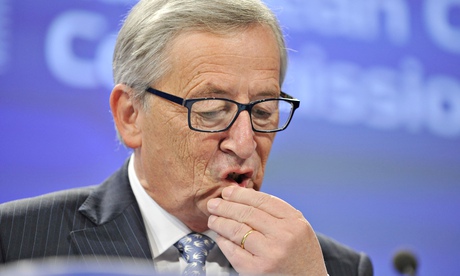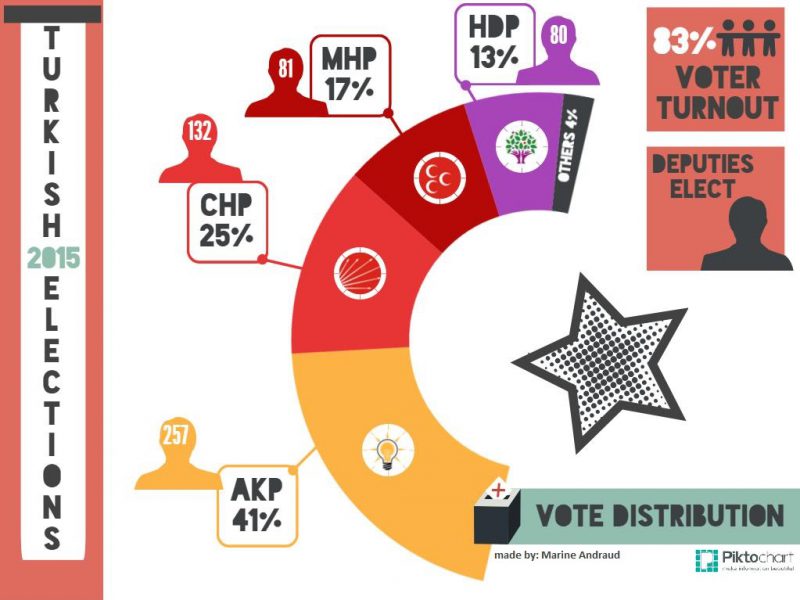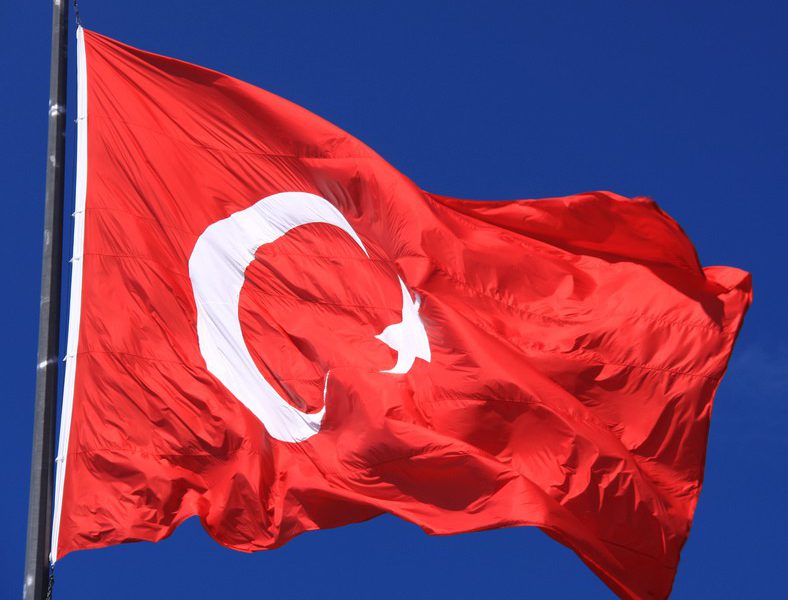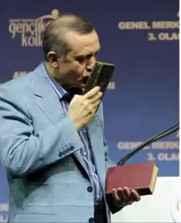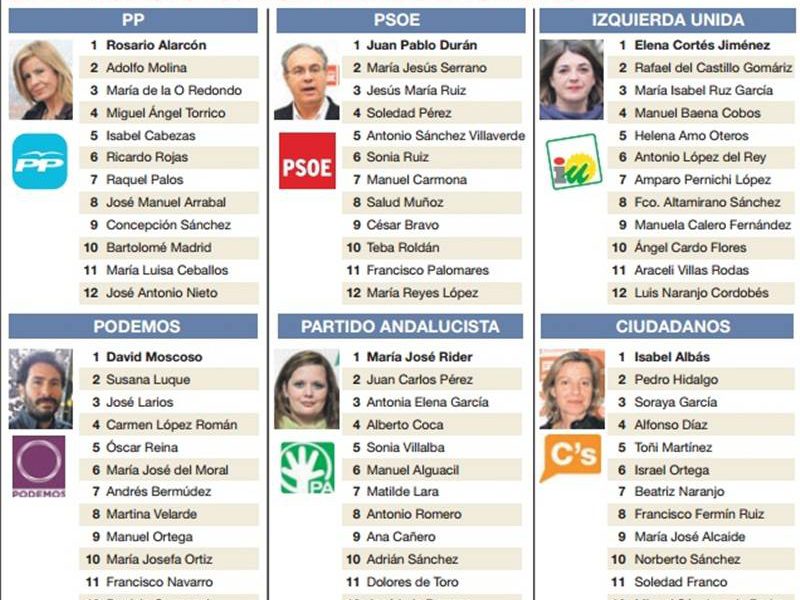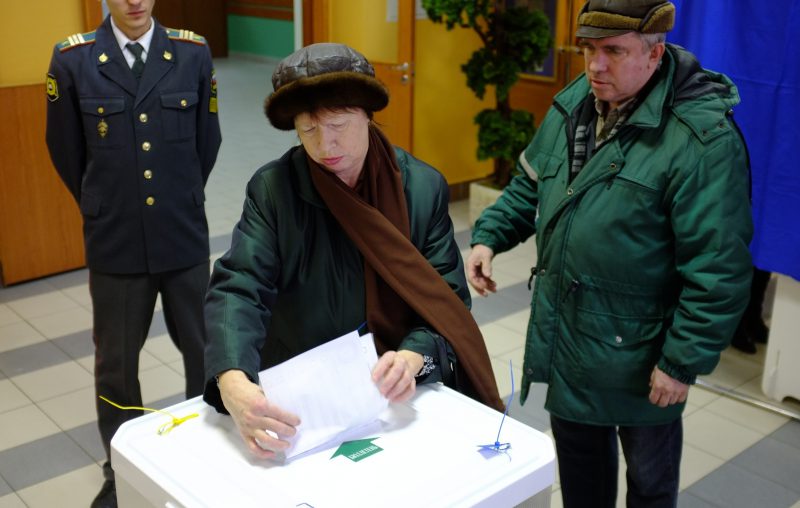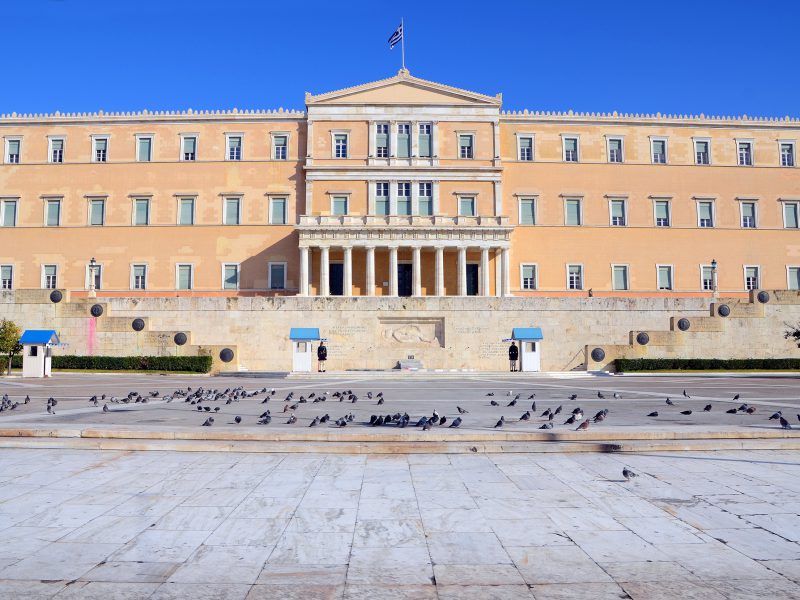European Parliament Year One (I): Asymmetrical Political Shocks
It’s been one year since the European Parliament inaugurated its eighth legislature on 1 July 2014. Whenever the question of the lack of democratic legitimacy is mentioned—a problem almost unanimously acknowledged in the Union—everybody turns to the European Parliament as the entity called to be the solution.

